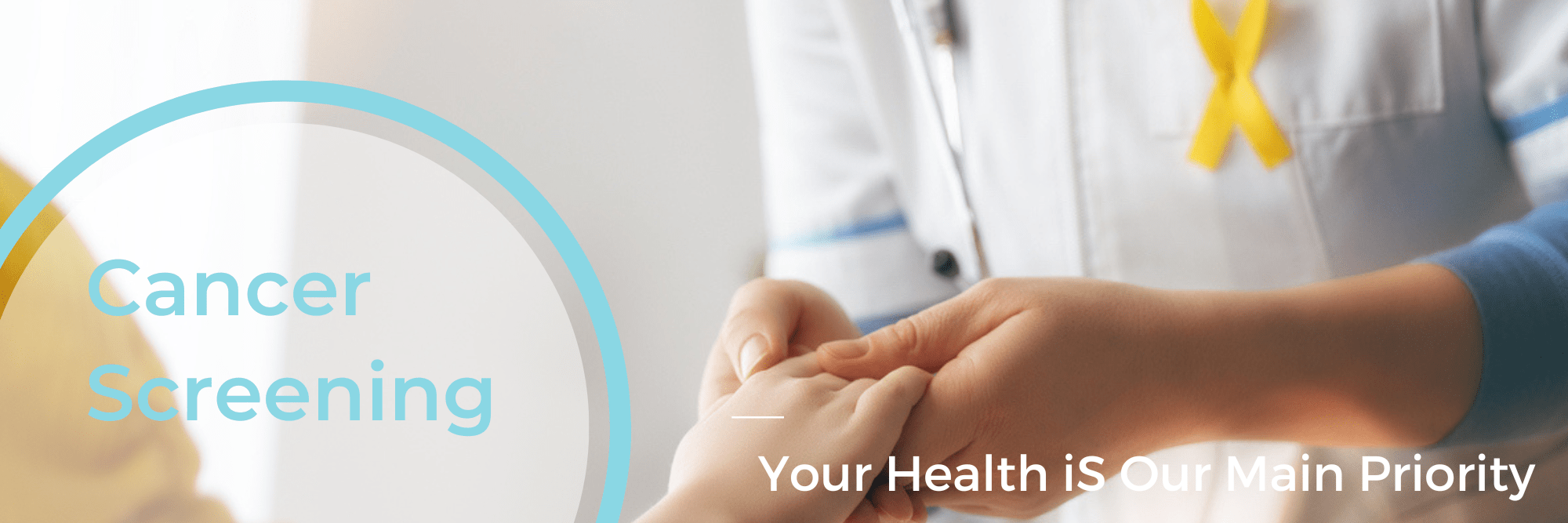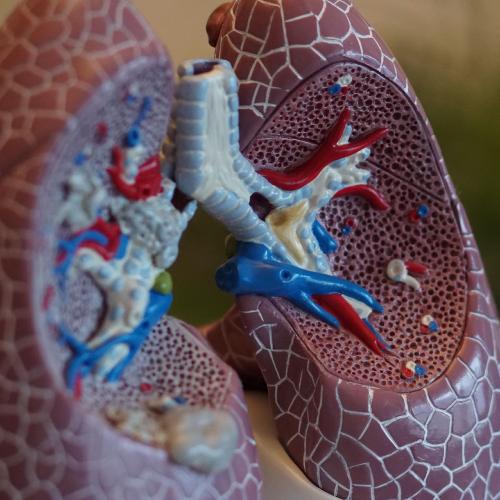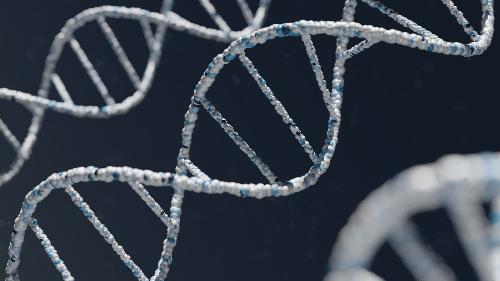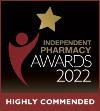 Early detection of cancer greatly increases the chances for successful treatment. The 2 components of early detection of cancer are early diagnosis (or downstaging) and screening. Early diagnosis focuses on detecting symptomatic patients as early as possible, while screening consists of testing healthy individuals to identify those having cancers before any symptoms appear.Why it is important to get tested?-Almost half (45.5%) of all cancer cases were diagnosed at stage 3 & 4 (out of those with a known stage at diagnosis) in England in 2018 – that’s more than 118,000 cases.
-Almost two-thirds (63.2%) of persons aged 50-74 were screened for bowel cancer with FIT within 6 months of invitation in Scotland in 2019/20. -Bowel screening uptake within 6 months of invitation has increased slightly in all UK nations in recent years. -Almost 4 in 10 (37.8%) of all cancer cases were diagnosed through an urgent suspected cancer referral (two-week wait) in England in 2016. -Almost 6 in 10 (58%) of all cancer cases diagnosed through an emergency route were at the latest stage, compared with around 2 in 10 (22%) of cases diagnosed though an urgent suspected cancer referral (two-week wait) in England in 2015-16. Causes and risk factors?Everyone has a certain risk of developing cancer. A combination of genes, lifestyle and environment can affect this risk. Doctors do not know the exact causes of cancer. But there are risk factors that can increase your chance of developing it. Having one or more risk factors does not mean you will get cancer. Also, having no risk factors does not mean you will not develop cancer. Around 1 in 3 cases of the most common cancers (about 33%) could be prevented by eating a healthy diet, keeping to a healthy weight and being more active. There are some things you can do to lower your risk of developing cancer. But you cannot reduce your risk completely through your lifestyle.
Age - For most people, increasing age is the biggest risk factor for developing cancer. In general, people over 65 have the greatest risk of developing cancer. People under 50 have a much lower risk.
Family History - Cancer is very common and most of us have relatives who have had cancer. People often worry that a history of cancer in their family greatly increases their risk of developing it. But fewer than 1 in 10 cancers are associated with a strong family history of cancer.
Lifestyle - In the UK, more than 1 in 4 cancer deaths (over 25%) are caused by smoking. Breathing in other people’s smoke (passive smoking) also increases your risk of developing cancer. Being overweight increases the risk of many types of cancer, including cancers of the bowel, kidney, womb and gullet (oesophagus). Many studies have found that regular physical activity can reduce the risk of cancer. You should try to do at least 30 minutes of activity every day. Drinking alcohol increases your risk of mouth and throat cancers. But it is also linked to other cancers.
Other - Exposure to harmful substances in the environment or workplace can cause cancer. Substances that cause cancer are called carcinogens. Some of these carcinogens can cause cancer years after you have been exposed to them.
Screenings we offer Bowel Cancer ScreeningThe standard test for the detection of occult blood in faeces and the only quantitative Faecal Immunochemical Test product with FDA approval.
 EarlyCDT Lung Cancer ScreeningA simple blood test to identify people with a heightened risk of lung cancer for triage into CT scanning.
 PSA and Proclarix Screening for Prostate CancerA protein produced by ‘normal’, as well as malignant, cells of the prostate gland. The PSA test measures the level of PSA in a man's blood. Elevated PSA levels may be indicative of a prostate issue requiring further investigation.  |







